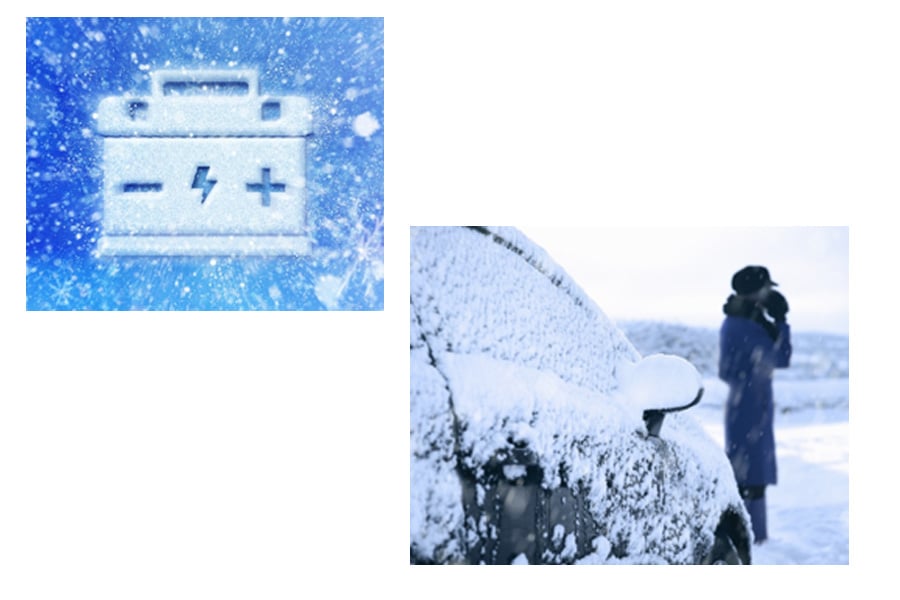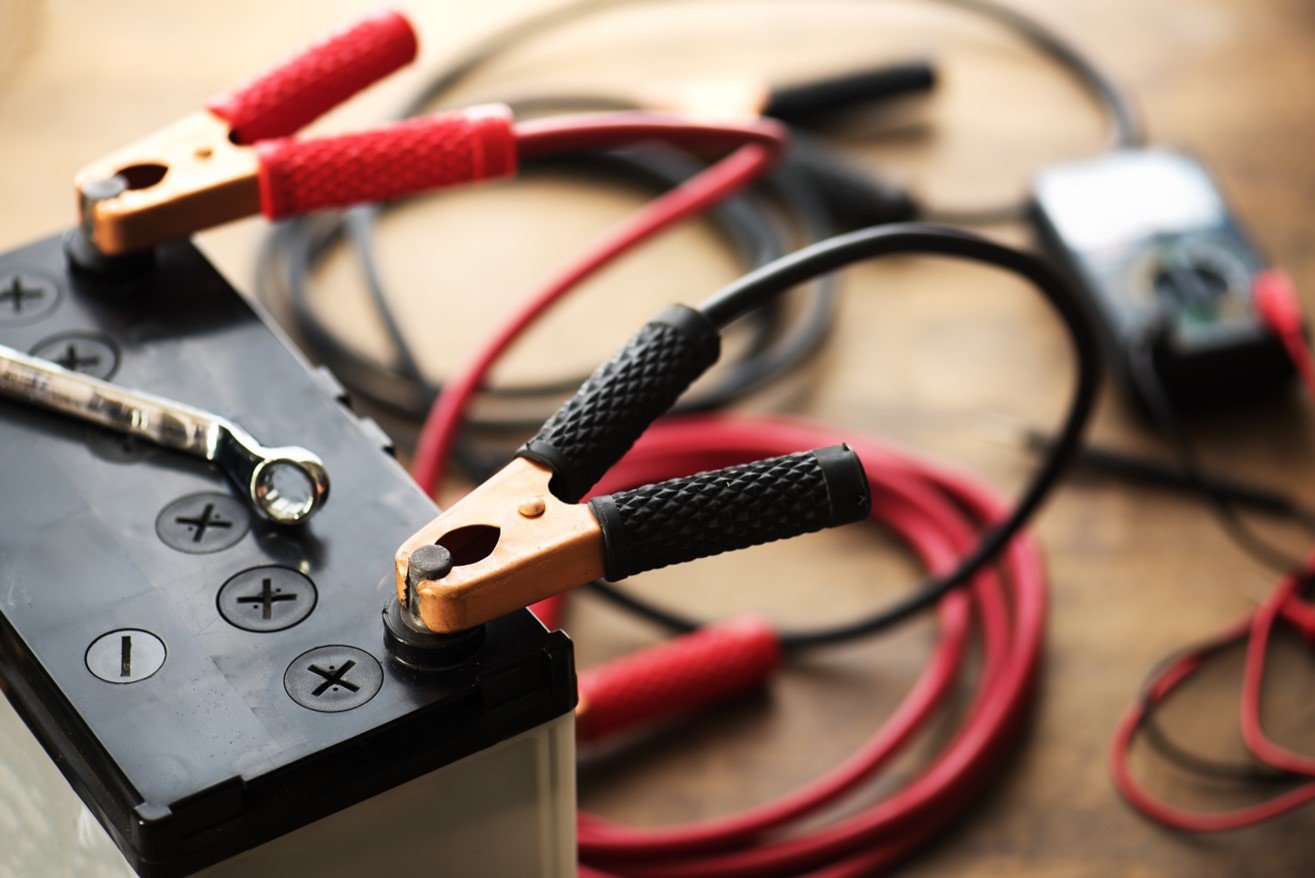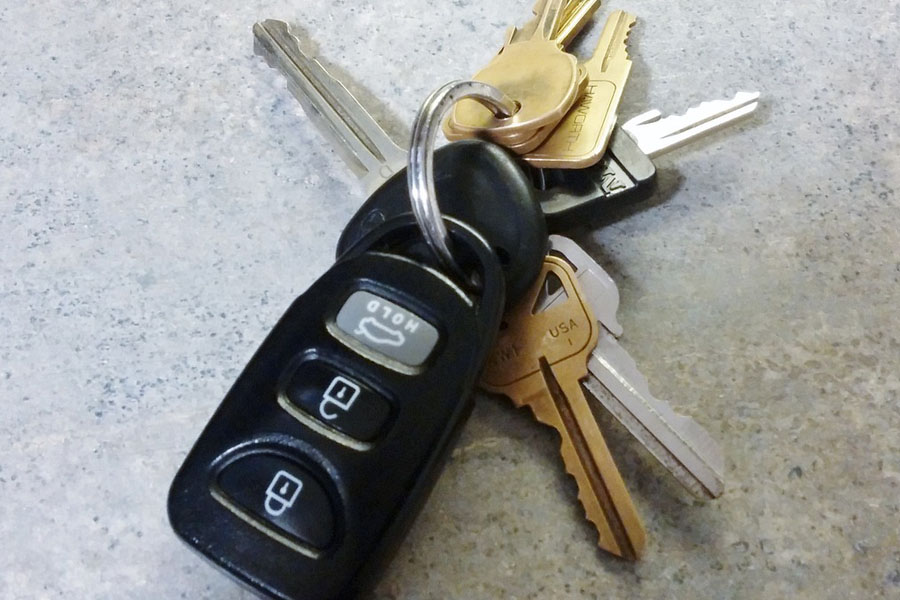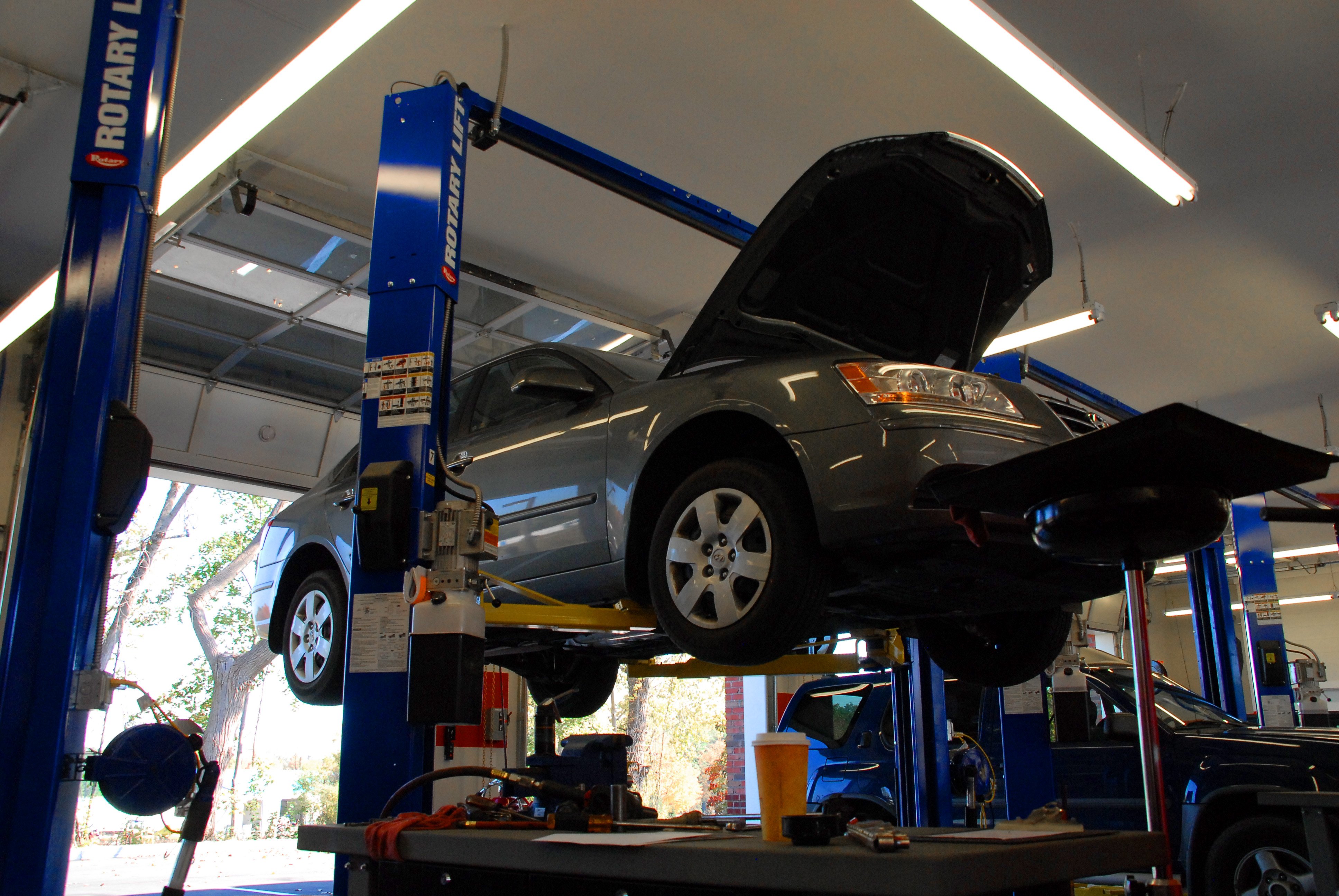Winter is coming: Will your car battery survive?

It’s the end of a long workday in the peak of winter. Frigid temperatures have drained every ounce of your energy. You see your breath waft through the air as you turn the key, ready to crank up the heat and be on your way. But just like your energy, winter has claimed another casualty: your car battery. So why is your car battery more likely to die in winter?
During a cold spell, dead or dying batteries account for the largest influx of roadside assistance calls. Even though extreme heat is more taxing on batteries than cold weather, starting a vehicle in frigid temperatures requires more exertion. When the temperature drops to zero degrees, a car battery loses about 60 percent of its power, but its engine needs twice the amount of current compared to normal weather conditions. And if you’re someone who always plugs an electronic device into your car outlet, expect your battery to drain even more. Although a typical battery lifespan is three to five years, increased electronic charging within vehicles reduces the expectancy to closer to three years.
Signs your battery is failing:
- Dim headlights, appearing yellow instead of white
- Warning light appears on the dashboard
- Electronic accessories fail
- Engine crank is lagging
- Interior dome lights appear dim
- Car horn sounds strange
- Battery case is swollen or cracked
- Emits a sulfur or rotten egg smell
- Battery is 3+ years old
If you notice any of these signs that your battery may be failing, schedule a free battery test with your AAA Membership by visiting AAA.com/Battery. A Battery Service Technician will come to your location, whether it’s at home, work, a hotel, etc. to test your battery, free of charge. If the battery needs to be replaced, it can most likely be completed onsite.




